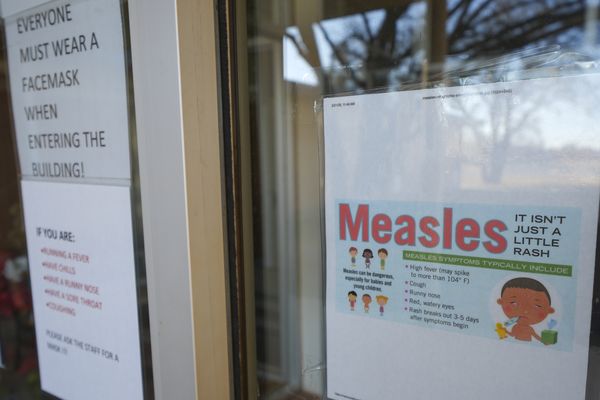
The phoney war is over and the real struggle for the economy is about to begin. That is the brutal reality facing the UK as gas and electricity bills rocket this winter.
For months it has been clear the energy regulator for Great Britain, Ofgem, would raise its price cap from just under £2,000 a year to about the £3,500 mark and it has duly announced an 80% increase.
Ultimately, rocketing prices will have some beneficial effects. Renewable sources of energy will become relatively cheaper and their use will increase. With Whitehall “war-gaming” a scenario in which there are energy shortages in the months ahead, a higher priority will be given to energy self-sufficiency.
Businesses found ingenious ways of coping with lockdown and some are being equally creative when it comes to cutting energy usage. The crisis may lead to a long overdue stepping up of investment in home insulation.
But none of that will really have much impact this winter, which looks likely to be as tough as anything that was seen during the pandemic – and potentially much tougher.
Consumer and business confidence has weakened in anticipation of the higher bills to come but the economy has been marking time. Activity remained pretty much unchanged in the second quarter of 2022, retail sales were up in July and unemployment is close to its lowest levels in half a century.
However, that is all about to change – unless the government comes up with something big in terms of a support package covering consumers and business. Current support packages anticipated a price cap in October of £2,800, not the £3,549 that Ofgem announced on Friday morning. The idea that prices could carry on rising and stay high for at least the next year was simply not factored into any official economic forecasts.
Soaring energy bills affect the economy in three key ways. First, they push up the cost of living, with the new price figure adding about four percentage points to the annual inflation rate. The Bank of England has already factored the October increase into its forecast for inflation to reach 13.3%.
Yet with the still rising global cost of gas now putting the price cap on course to breach the £5,000 a year threshold in January, the increase in price pressures could turn out to be much more significant. Earlier this week the US investment bank Citi predicted inflation would peak at more than 18% next year.
Threadneedle Street has raised interest rates at the last six meetings of its monetary policy committee, and further increases are likely over the coming months.
Second, rising inflation depresses consumer spending. Wage rates have been picking up over the past year as workers have sought to maintain their living standards – but not nearly as fast as prices have been rising. That gap is growing, and with consumers forced to spend more on energy they have less to spend on other things.
Third, businesses are going to be hurt by increased costs and a reduction in consumer spending. The energy price cap only applies to consumers, and many small and medium-sized companies are going to face a triple whammy: higher fuel bills, higher wage bills, and falling demand.
In the short run, the energy price shock will be inflationary. As the months roll by it will become deflationary, leading to slower growth, rising unemployment and business failures. The longer gas prices stay high, the deeper the recession will be.







